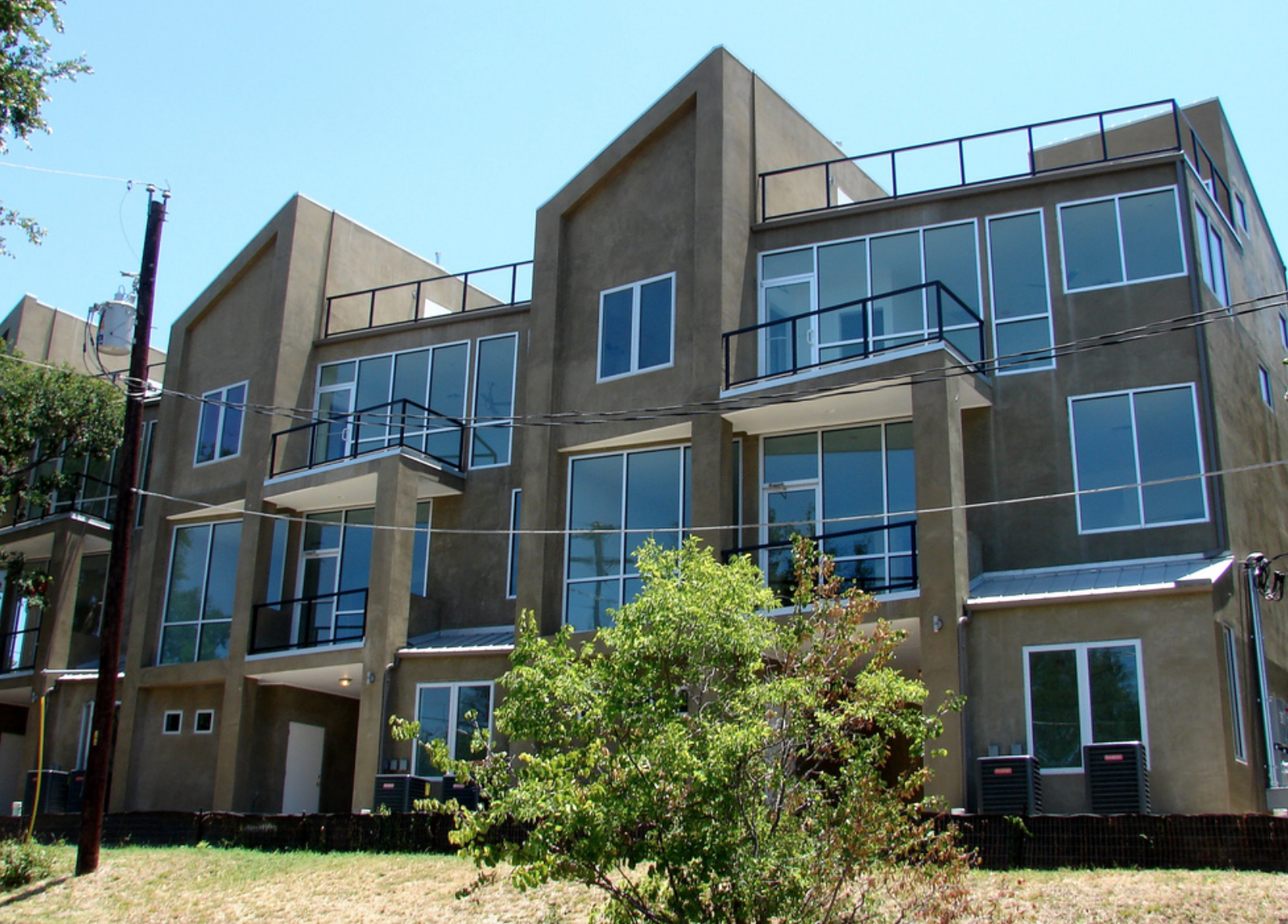A little over a year after Austin's city council commissioned the study and just weeks after it halted a years-long effort to overhaul the city's land development code to address concerns about housing affordability and other key issues, a report from the University of Texas at Austin identifies areas where residents are most at risk for gentrification and displacement and strategies for combatting them.
Like many cities, Austin has seen rising housing prices particularly in historically non-white neighborhoods near the city core. And like many cities, the council has commissioned studies and worked with task groups for recommendations about how to address gentrification, described in this latest study as involving displacement of low-income residents, physical transformation to a neighborhood including in its housing and commercial stock and changing cultural character.
The report highlights the extent of existing gentrification as it maps out where populations vulnerable to displacement currently live. "Compared to even 20 or 30 years ago, a higher share of disadvantaged people in Austin are in locations that are distant from the various economic, cultural and other opportunities offered by Austin's urban core," according to the study, co-authored by Heather Way with the university's law school and Elizabeth Mueller and Jake Wegmann with the university's community and regional planning department. The researchers classified affected neighborhoods according to the stage of gentrification each appeared to be in. "The stages of gentrification ripple out from downtown Austin," to the east and south, the report explains, "with (generally) increasingly earlier stages of gentrification as one proceeds away from downtown to the north, east, or south."
The report also includes a set of interactive maps exploring some of the findings.
"Absent major interventions by the City of Austin and other stakeholders, these residents—who are largely low-income persons of color—will be pushed out farther away from opportunity and dislocated from their communities," the report argues. "In the process, neighborhoods that have historically been home to African-American and Hispanic residents will lose their cultural character and become enclaves for largely white and wealthier residents."
The report intentionally stays away from the kinds of land use and code conversations that marked the city's stalled CodeNEXT effort. "[W]hile creating equitable housing opportunities for displaced low-income residents will necessarily involve opening up neighborhoods that have been historically inaccessible to them, our focus here is on geographically-targeted policies for ensuring that vulnerable residents can stay in their homes and neighborhoods or return to them if they wish to. As a result, we spend relatively little time in the report on land use solutions associated with increasing housing types and choices in other neighborhoods or across the city."
Instead, it focuses on state- and local-level policy solutions.
"Making a difference will require a considerable investment of dollars—much more than Austin voters have been accustomed to allocating towards affordable housing and anti-displacement," the authors write. Indeed, in November voters will decide on roughly $925 million in bonds that would include $250 million for affordable housing.
But the report recommendations go beyond that, including funding for emergency rental assistance, targeted housing voucher programs to supplement federal vouchers, stronger legal protections for tenants, outreach to help homeowners learn about homestead tax exemptions, expanded home repair programs to assist eligible homeowners, community impact analyses for proposed developments or changes, a city land bank for the development of affordable housing, community land trusts and more.
Activists have recommended similar strategies. The People's Plan, created by affected communities and endorsed by the city's Anti-Displacement Task Force, calls for a housing trust fund, a comprehensive environmental review process for proposed development and changes and programs that would help residents stay or even return to gentrifying areas, modeled on programs in other cities.
“Gentrification is a question of real estate,” Fred McGhee, an anthropologist and activist told the Texas Tribune. “And real estate interests dominate city hall.”

